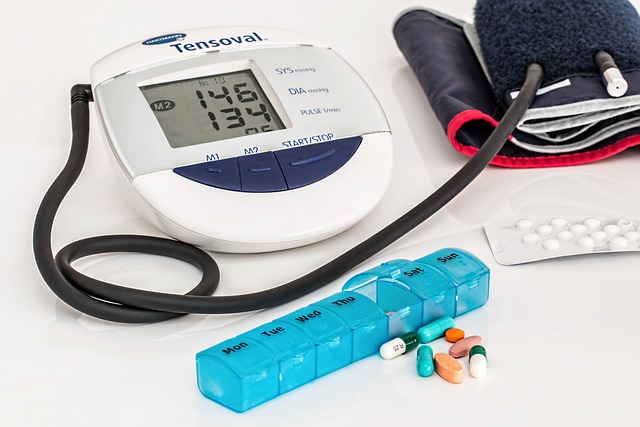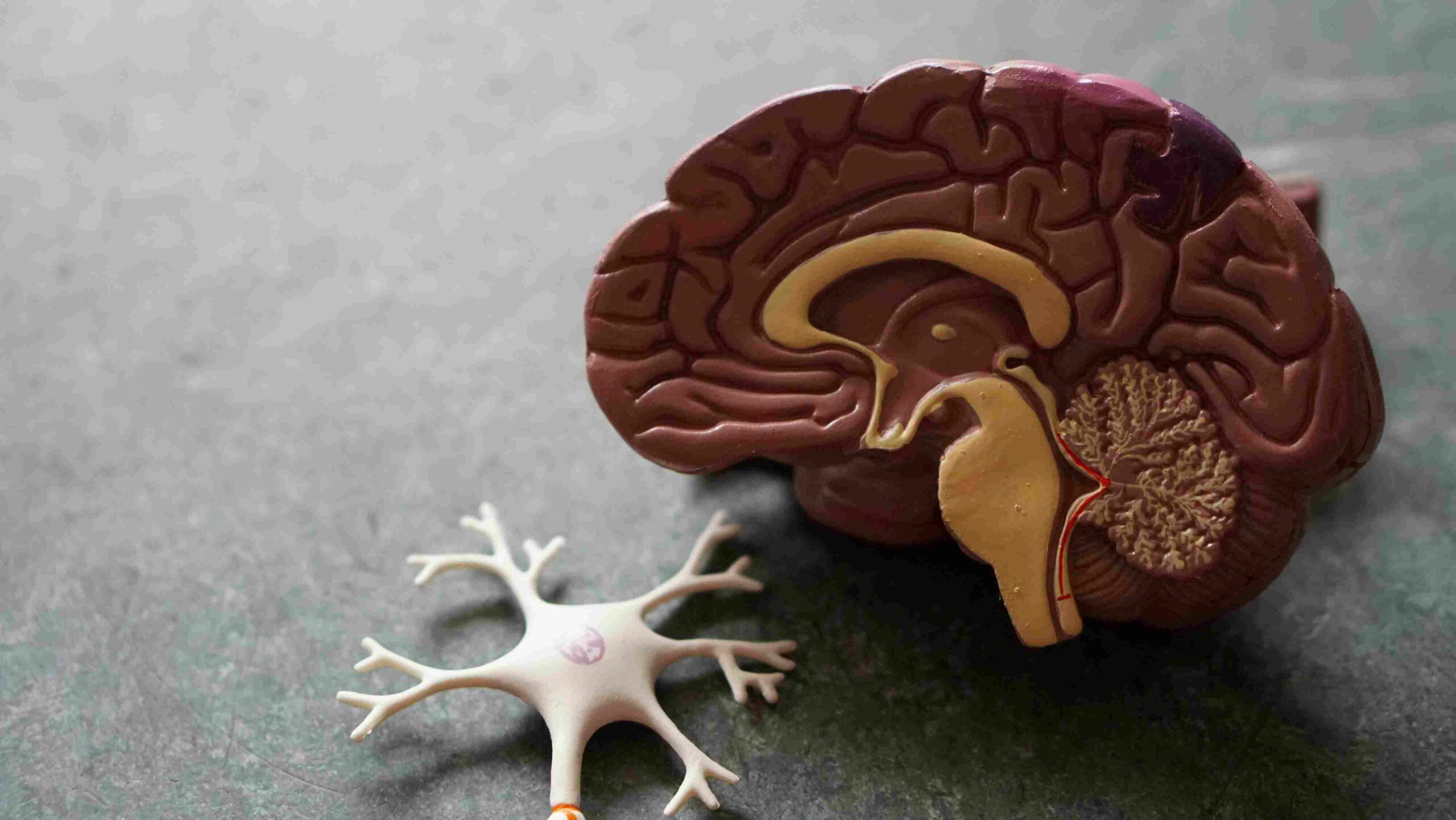
Autoimmune diseases occur when the immune system, designed to protect the body from infections, mistakenly attacks its own healthy tissues. This misdirected immune response leads to inflammation, tissue damage, and various symptoms depending on the organ or system targeted. Autoimmune conditions are complex, chronic, and often require long-term care. In this article, we will cover key autoimmune diseases, their symptoms, essential blood markers, prevention strategies, non-medication treatment options, and the role of nutrition and lifestyle in managing these conditions naturally.
Common Autoimmune Diseases
There are over 80 known autoimmune diseases, with some of the most prevalent ones including:
-
Rheumatoid Arthritis (RA):
Affects the joints, causing inflammation, pain, and swelling.
-
Hashimoto’s Thyroiditis:
Attacks the thyroid gland, leading to hypothyroidism (an underactive thyroid).
-
Type 1 Diabetes:
The immune system destroys insulin-producing cells in the pancreas, causing elevated blood sugar levels.
-
Lupus (Systemic Lupus Erythematosus):
Affects multiple organs, including the skin, kidneys, and heart, causing widespread inflammation.
-
Multiple Sclerosis (MS):
Damages the protective coating of nerve cells, leading to nerve function issues.
-
Celiac Disease:
An immune reaction to gluten that damages the small intestine.
These conditions share a common trait: the immune system mistakenly identifies parts of the body as foreign and attacks them.
Who Is Affected?
Autoimmune diseases are more prevalent in:
Women:
Studies show that around 75% of autoimmune disease sufferers are women. This is thought to be linked to hormonal differences, particularly estrogen.
People with a Family History:
Genetic predisposition plays a significant role in autoimmune diseases. Having a family member with an autoimmune condition increases one’s risk.
Certain Ethnic Groups:
For instance, lupus is more common in African Americans and Hispanic populations.
People with Other Autoimmune Conditions:
Those with one autoimmune disease are at a higher risk of developing another.
Symptoms of Autoimmune Diseases
The symptoms vary depending on the disease but can include:
- Fatigue
- Joint pain and swelling
- Skin rashes
- Digestive issues
- Fever
- Nerve pain or tingling
- Difficulty concentrating or “brain fog”
Symptoms often flare and subside, making diagnosis and management challenging.
Important Blood Markers
To diagnose and monitor autoimmune diseases, several blood markers are important:
-
Antinuclear Antibodies (ANA):
Often elevated in conditions like lupus.
-
C-Reactive Protein (CRP):
Measures inflammation in the body.
-
Erythrocyte Sedimentation Rate (ESR):
Another marker for inflammation.
-
Thyroid Peroxidase Antibodies (TPOAb):
High in Hashimoto’s thyroiditis.
-
Rheumatoid Factor (RF):
Common in rheumatoid arthritis.
-
Hemoglobin A1C (HbA1c):
Used to assess long-term blood sugar levels in type 1 diabetes.
Regular monitoring of these markers helps in tracking disease progression and managing flare-ups.

Preventive Strategies for Autoimmune Diseases
While genetics play a role, there are several lifestyle changes that can reduce the risk of developing autoimmune diseases:
-
Avoid Chronic Stress:
Stress can trigger immune dysfunction. Techniques like meditation, yoga, and mindfulness are effective in reducing stress. Read more about stress in this blog article.
-
Gut Health:
Since many autoimmune diseases are linked to gut health, maintaining a healthy microbiome is crucial. Consuming prebiotic and probiotic-rich foods like garlic, asparagus, and fermented vegetables supports gut function. Learn more about gut health in this blog article.
-
Reduce Exposure to Toxins:
Environmental toxins, such as heavy metals and pesticides, can trigger autoimmune responses. Avoiding processed foods and opting for organic produce can reduce toxin exposure.
Non-Medication-Based Treatments
Managing autoimmune diseases without medication is possible through holistic approaches:
Physical Therapy and Movement:
Gentle exercises like yoga, Pilates, and tai chi improve mobility, reduce inflammation, and enhance overall well-being.
Acupuncture:
This ancient practice has shown benefits in reducing pain and inflammation, particularly in conditions like rheumatoid arthritis.
Massage Therapy:
Helps in reducing muscle tension, increasing circulation, and promoting relaxation, which is vital in stress-induced autoimmune flare-ups.

Recommended Physical Activities
Regular, low-impact exercise can help manage autoimmune conditions by reducing inflammation and improving overall health. Some recommended activities include:
Yoga:
Known for its stress-reducing and inflammation-lowering effects, yoga is beneficial for autoimmune patients.
Walking:
A low-impact activity that improves cardiovascular health without putting too much stress on the body.
Swimming:
The water’s buoyancy supports joints and muscles, making swimming ideal for people with joint pain or mobility issues.
Stretching and Strength Training:
These exercises help maintain muscle mass and flexibility, which is often compromised in conditions like rheumatoid arthritis and multiple sclerosis.

Nutrition and Autoimmune Disease
Diet plays a vital role in managing autoimmune diseases. Certain foods can exacerbate inflammation, while others help reduce it. A gluten-free, dairy-free diet is often recommended to avoid triggering immune responses.
-
Anti-Inflammatory Foods:
Leafy greens like spinach, kale, and arugula.
Berries (e.g., blueberries and strawberries) are rich in antioxidants.
Fatty fish (e.g., salmon and mackerel) provides omega-3 fatty acids, which are anti-inflammatory.
Turmeric: Contains curcumin, a powerful anti-inflammatory compound.
-
Foods to Avoid:
Gluten: Found in wheat, barley, and rye, gluten can trigger autoimmune reactions in those with conditions like celiac disease and Hashimoto’s thyroiditis.
Dairy: Dairy products can cause inflammation and should be avoided.
Processed Foods: High in trans fats, sugar, and additives, these foods can increase inflammation and stress on the immune system.
Herbal Teas Beneficial for Autoimmune Diseases
Certain herbal teas are known for their anti-inflammatory and immune-regulating properties:
Green Tea:
Rich in polyphenols, green tea reduces inflammation and protects cells from damage.
Ginger Tea:
Ginger is a natural anti-inflammatory that can ease pain and inflammation in conditions like rheumatoid arthritis.
Chamomile Tea:
Known for its calming properties, chamomile helps manage stress, which is a significant trigger for autoimmune flare-ups.
Turmeric Tea:
Contains curcumin, which helps modulate immune responses and reduce inflammation.
Essential Vitamins and Minerals for Autoimmune Health
Certain nutrients are critical in supporting the immune system and reducing inflammation:
-
Vitamin D:
Plays a crucial role in immune function and is often deficient in people with autoimmune diseases. Sun exposure and vitamin D supplements can help maintain optimal levels.
-
Vitamin A:
Supports immune function and is found in carrots, sweet potatoes, and leafy greens.
-
Zinc:
An important mineral for immune health. Zinc is found in seeds, nuts, and legumes.
-
Magnesium:
Helps with muscle relaxation and reducing inflammation. Found in nuts, seeds, and leafy greens.
-
Omega-3 Fatty Acids:
These healthy fats, found in flaxseeds and fatty fish, are essential for reducing inflammation.

Conclusion: Managing Autoimmune Diseases Holistically
Autoimmune diseases require a comprehensive approach that combines lifestyle, nutrition, and stress management. While medications are often necessary, integrating non-medication-based treatments, engaging in regular physical activity, and following a balanced, anti-inflammatory diet can significantly improve quality of life. By incorporating the right foods, avoiding inflammatory triggers like gluten and dairy, and using herbal remedies like turmeric and ginger, individuals with autoimmune diseases can achieve better health and well-being.
Subscribe to our newsletter, follow us on social media to let us know how you’re working towards a balanced life!
The Connection Between Psychology and Nutrition
Introduction The connection between psychology...
Physiotherapy and Nutrition in Musculoskeletal Diseases
Physiotherapy plays a critical role in managing...
Small Intestinal Bacterial Overgrowth (SIBO)
Introduction Small Intestinal Bacterial...
Why the Gut is Called the “Second Brain”
The human gut is often referred to as the...
Infertility and the Role of Nutrition
Infertility is a growing concern for many...
Nutrition with PCOS
Introduction Polycystic Ovary Syndrome...
Understanding Endometriosis
Endometriosis is a chronic condition where...
Lipedema
What is Lipedema? Lipedema is a chronic medical...
Progesterone
What is Progesterone? Progesterone is a steroid...










